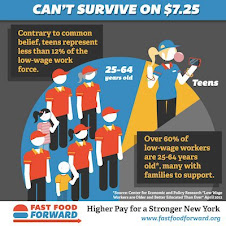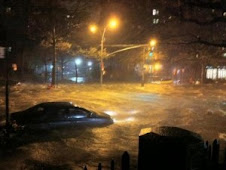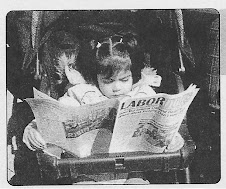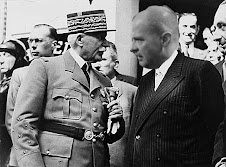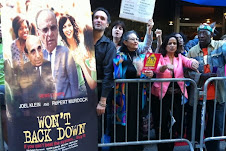
Important notes for the end of the year:
1) The New York City Department of Education is still shamefully neglecting proper physical education / exercise with its students.
Note what the state law requires and contrast this with the reality. A small minority of students are getting the exercise that they need.
Back in October Comptroller John Liu (the excellent one that --convenient for Mayor Michael Bloomberg-- was thoroughly assailed in the press, particularly "The New York Post").
Here is how the New York Times "Schoolbook" story ("Does your school meet the state's requirements for physical education?") opened:
An audit by Comptroller John C. Liu found that many New York City schools do not provide physical education classes, or do not provide them as often as they should, despite alarming obesity rates among school-aged children and a state requirement that all students get some level of structured exercise every week.
The state requires that physical education classes be held every day for kindergarten to 3rd grade, for at least 120 minutes a week; three times a week for grades 4 to 6, also for a minimum of 120 minutes; and at least 90 minutes a week for grades 7 and 8.
The Times piece includes numerous comments. Noteworthy is the one that says that charter schools are big culprits in denying proper exercise. We should also note that a similar problem arises when schools share or co-locate with other ones. The competition between schools for gym access means that students lose out from proper gym time.
[Truthfully, New York City schools have done a poor job of attending to children's health for quite some time. See this June 2003 report by then Assembly member Scott Stringer (now Manhattan Borough President), "FAILING GRADE: HEALTH EDUCATION IN NYC SCHOOLS: An Analysis of K-8 Health Education in New York City's Public School System."]
* * *
2) Circulating these days is a Christine Quinn (City Council speaker) letter announcing legislation to address the PCB [Polychlorinated biphenyl] problem in public schools.
While it is admirable to fight this scourge that harms the health of students, teachers and other staff, it is gallingly disingenuous that Speaker Quinn is addressing this issue now. For this matter has been in the news at least two years now, with neighborhood media (newspapers) taking the lead on this issue, and the United Federation of Teachers' (UFT) taking a too-quiet campaign on this issue.
--Disingenuous because Quinn has stood 100% loyal to Bloomberg for 10 years, amidst moments such as his minimizing the danger of PCBs in schools: as in this Feb. 25, '11 NY1 story, "Mayor: School PCBs Pose No Imminent Health Threat", as referenced by Perdido Street on Feburary 26.
Bloomberg added the city's former health commissioner, Tom Frieden, says a lunchroom staple [a tuna fish sandwich] is more toxic than the schools' lights.
Note this sad December 29, 2011 NY Daily News story from a toxic Bronx school:
"Teacher from toxic Bronx school to sue after losing her baby to birth defect
Nancy Tomassi's school, PS 51, was laden with carcinogen trichloroethylene"
* * *
--By the way, our "progressive" mayor-to-be (Quinn) has stalled up New York City's Living Wage bill: "Labor Gives Quinn Cover as De Blasio Tries to Make an Issue of Her Living-Wage Delay," as reported by Dana Rubinstein in Capital New York, December 19, 2011.
The 12/19 Capital New York story reports that the New York City Council has passed two bills on PCB testing in city schools.
(See also Rubinstein's November 23, 2011 CNY story, "Perched Between Her Members and Her Patrons, Quinn Edits the 'Living-Wage' Bill in Public".)





